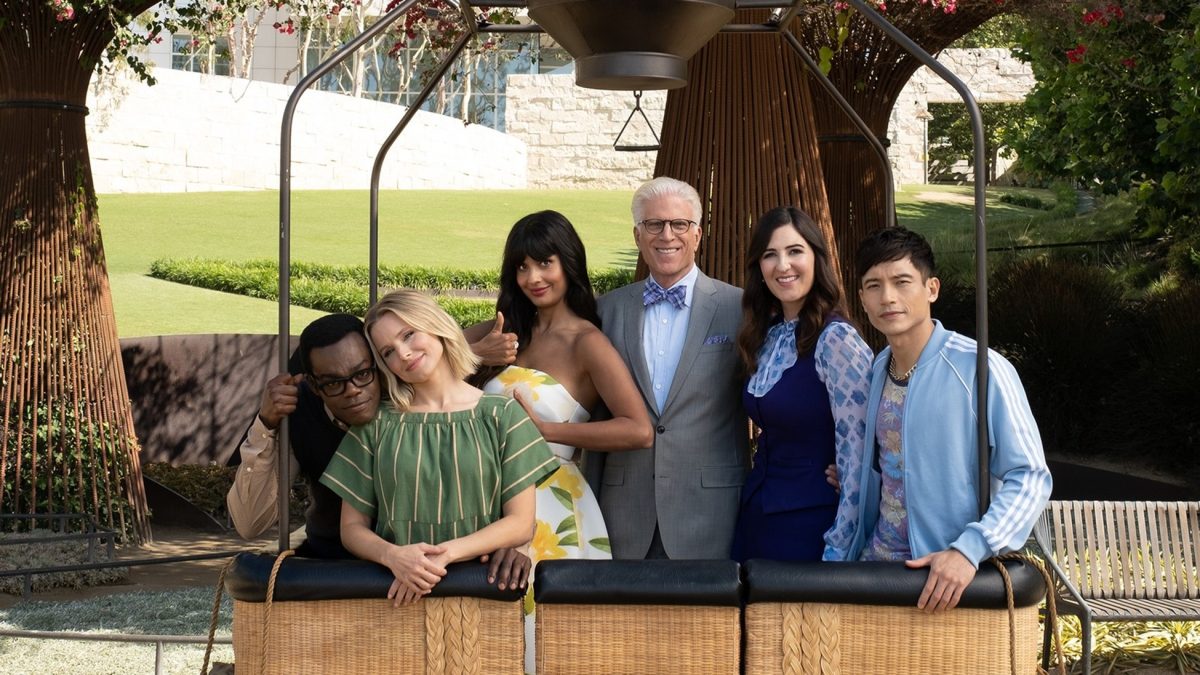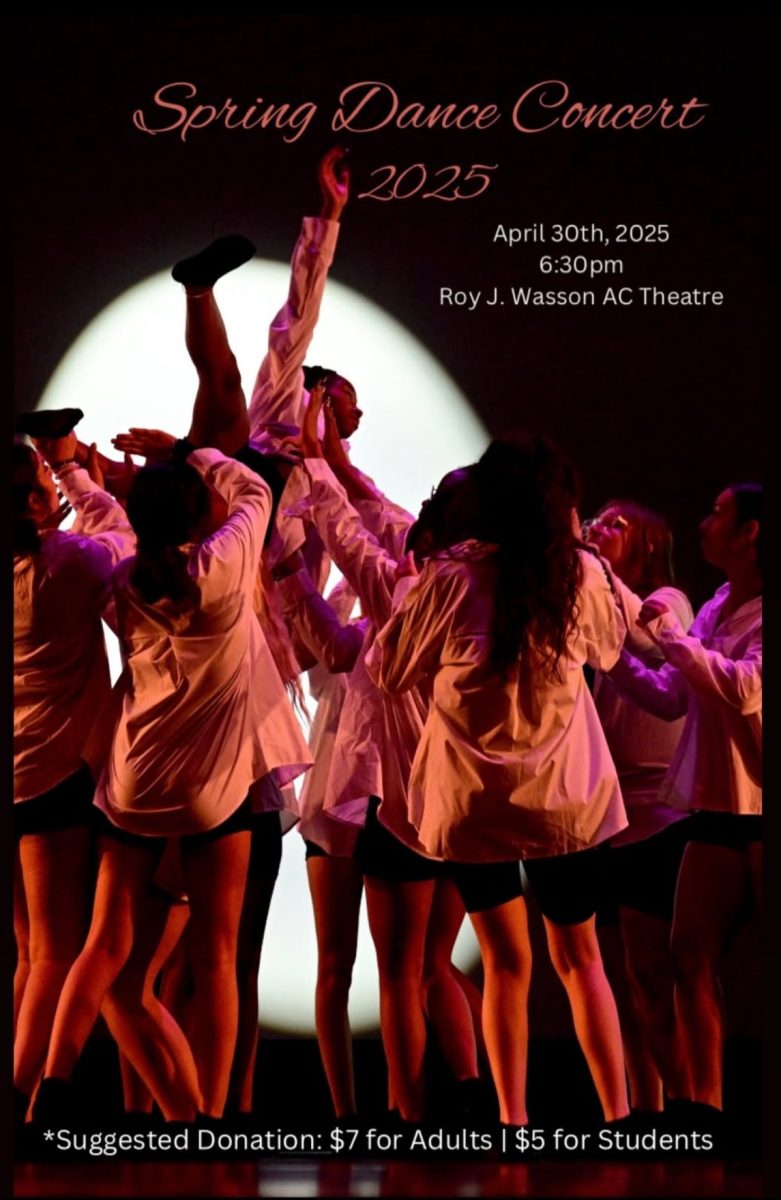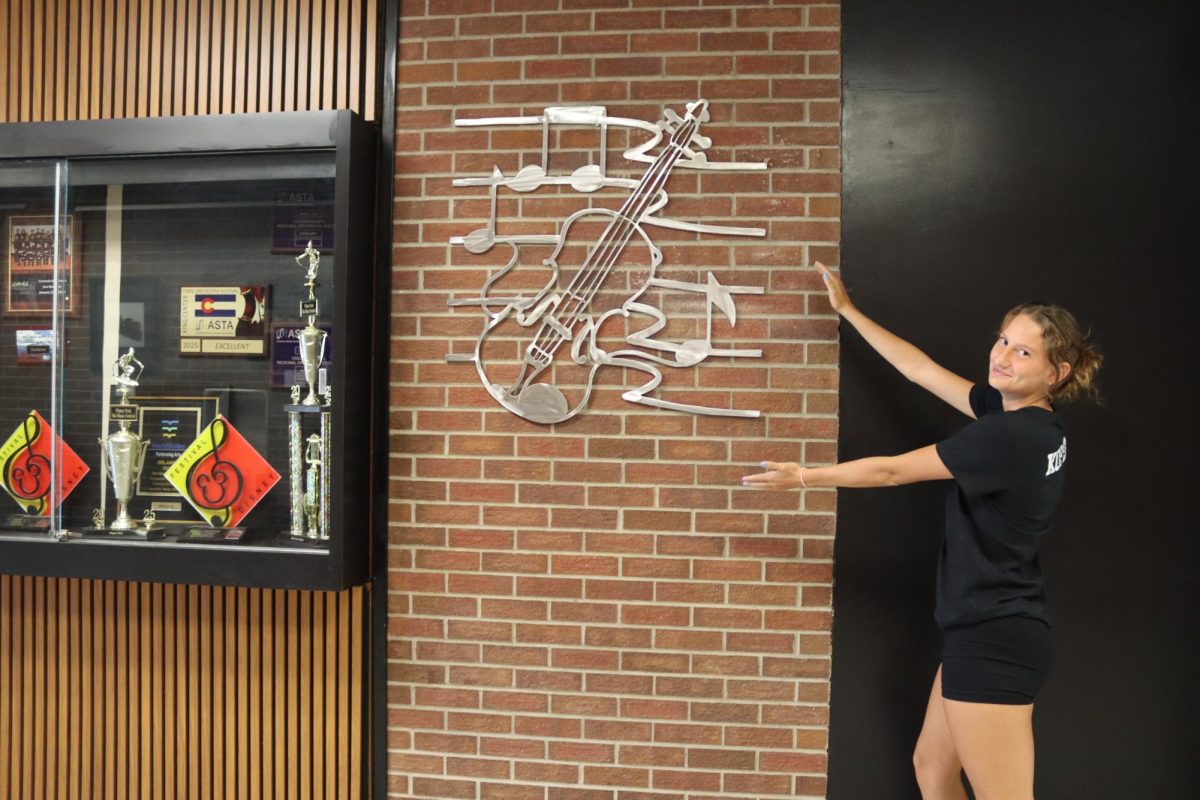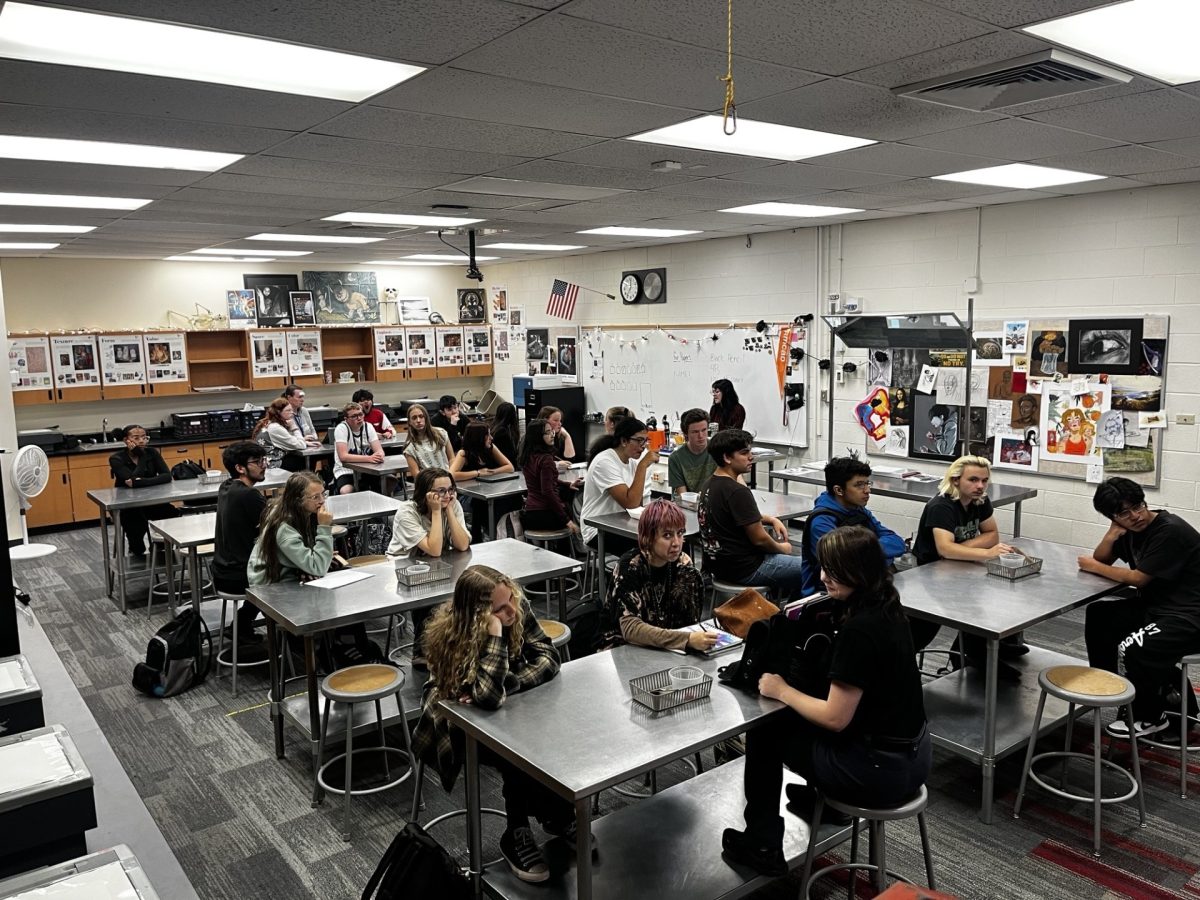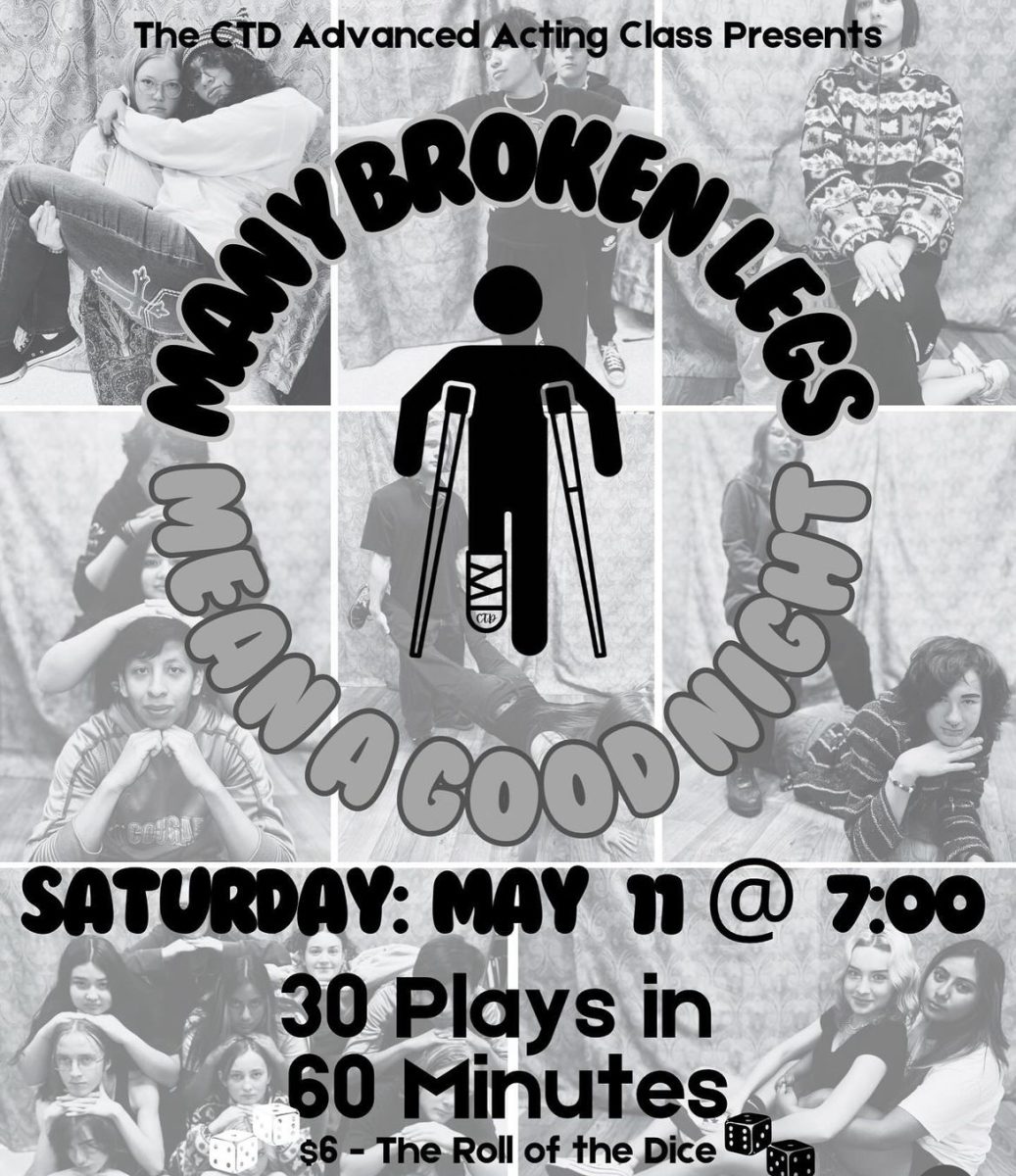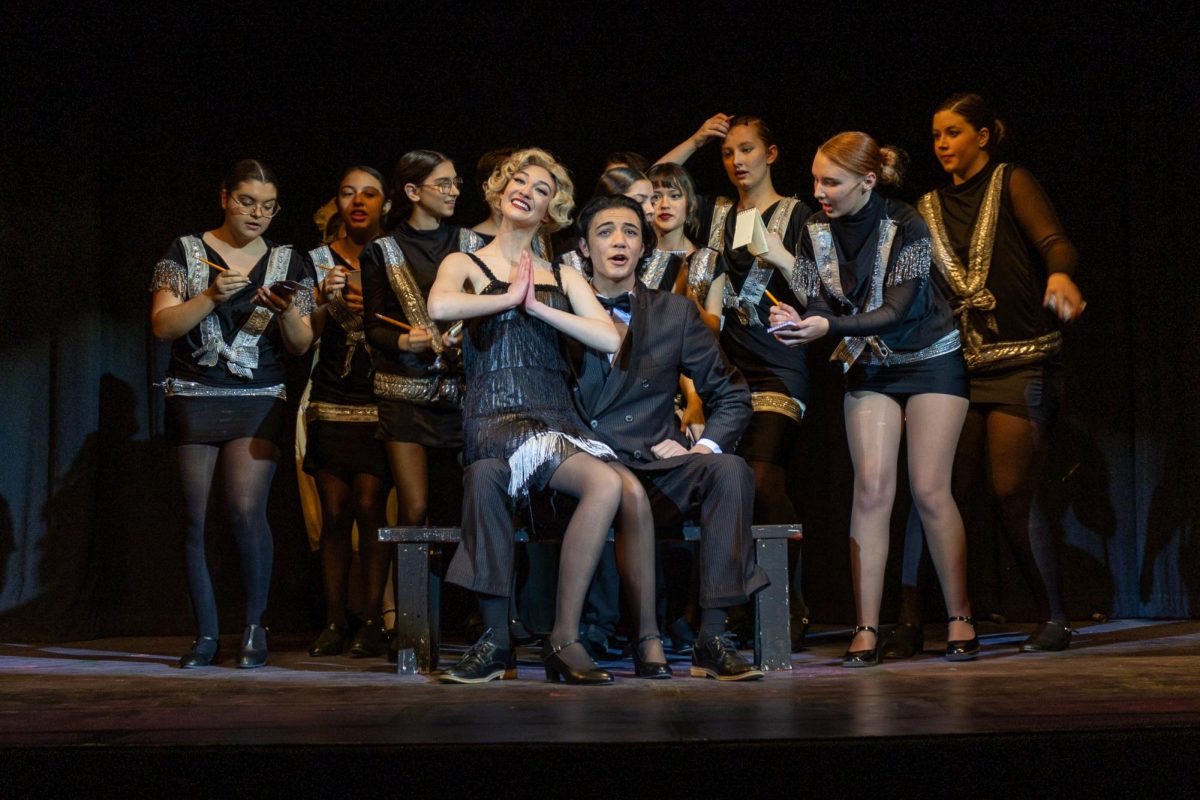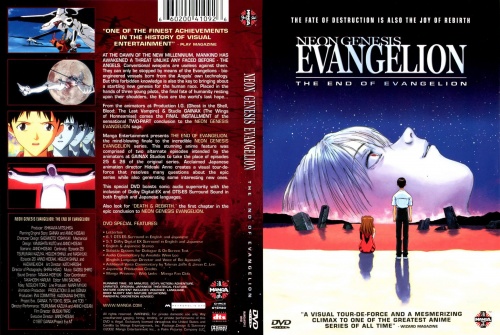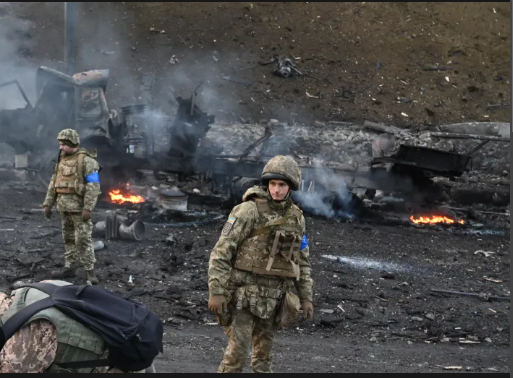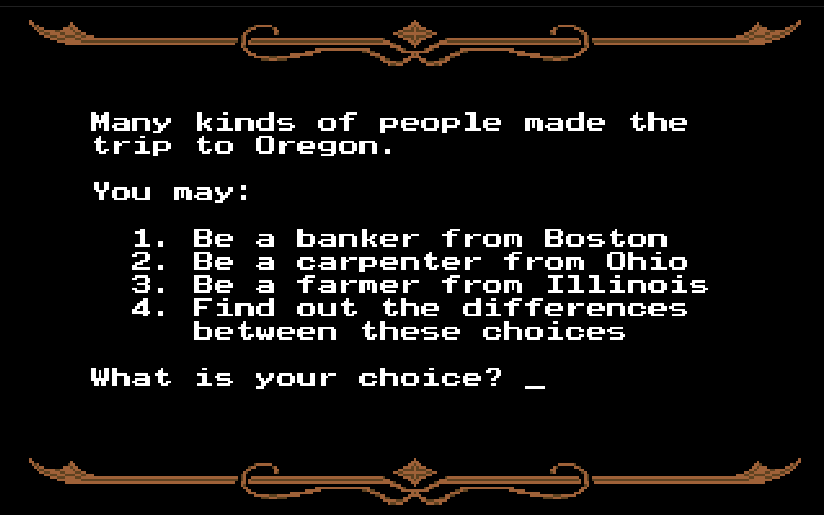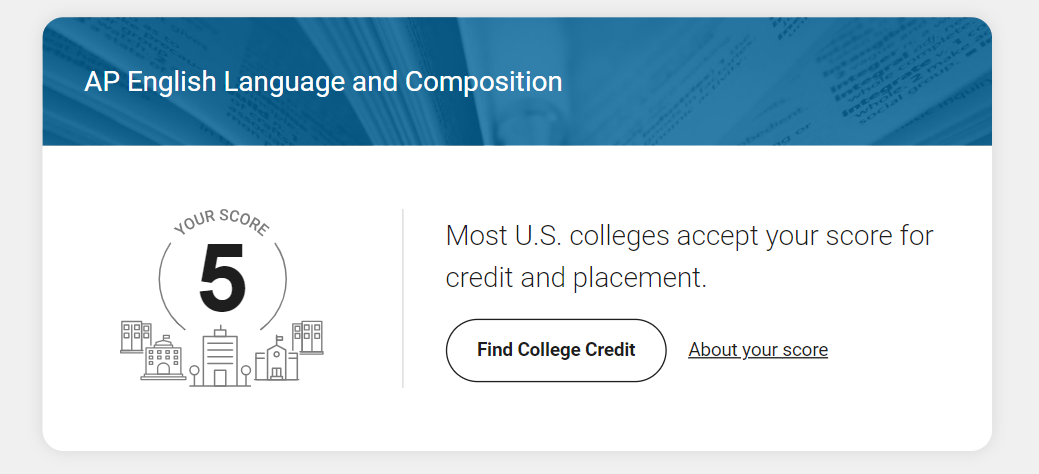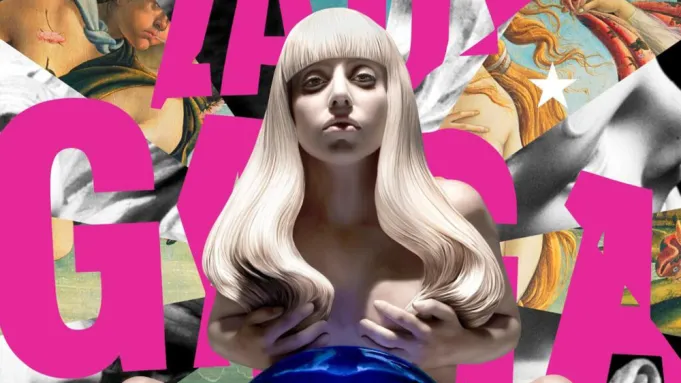What do we owe to each other? The Good Place, an NBC comedy created by Mike Schur, sets out to answer this through four seasons of ethical dilemmas, following four characters who have died and have been sent to The Good Place, where they will spend their existence in eternal bliss, except of course for Eleanor Shellstrop, who has been sent to The Good Place by mistake.
Mike Schur also wrote and produced the far better-known TV show, The Office, which has taken its rightful place among some of the most popular shows of the last half-century. Sadly, this title has eluded The Good Place, despite its execution being stronger than The Office could ever muster.
Everything is fine at the office. Everything will always be fine. Nothing is challenged here. There are very few questions asked and even fewer questions answered. There are no expectations or rules, save for the fact that briefcases close at five.
The Good Place by nature, bombards itself with rules for what is virtuous, as only the most virtuous among men are deserving of paradise; there is an expectation of perfection. To quote Michael, The Good Place’s architect, “everything is fine,” and yet nothing is.
There are more questions to be asked when nothing is fine: how does The Good Place operate, how did Eleanor arrive there, and most importantly, how does one act virtuously? When everything is fine nothing is tested, and when nothing is tested nothing is answered, and when nothing is answered nothing ends. Thus, The Office gets stuck.
An impactful ending is a virtuous one, as it prioritizes satisfaction (for both the audience and the characters) over network demands to bleed an exhausted cash cow dry. Moreover, it provides an answer. But whatever question The Office managed to ask was lost in its final two seasons, which were clearly a desperate grab for profit and viewership, nearly killing the beloved show.
Conversely, The Good Place knew when and how to end, with Mr. Tyler Philipsen, Coronado’s AP Language teacher praising it as, “one of the best endings of a show that I’ve ever seen.”
Not only did the final episode of The Good Place provide a rather emotional ending for the dearly departed program, but the planning of the show allowed for a more concise story. “I didn’t even pitch the show until I knew what the whole first season was,” Mike Schur said in an interview with the New York Times, “that let us be a year ahead every year.”
“I think The Good Place is a better show,” Mr. Philipsen continued, with its wacky plot and painfully human characters allowing for the viewer to ponder difficult questions. I ask again: what do we owe to each other?
We owe it to each other to be good, but how can we be sure what ‘good’ is? The Good Place suggests that being good is simply trying to be good, trying to be better for those around us, because we owe it to them. Perhaps that is all the show itself was trying to be, better than what came before it.

